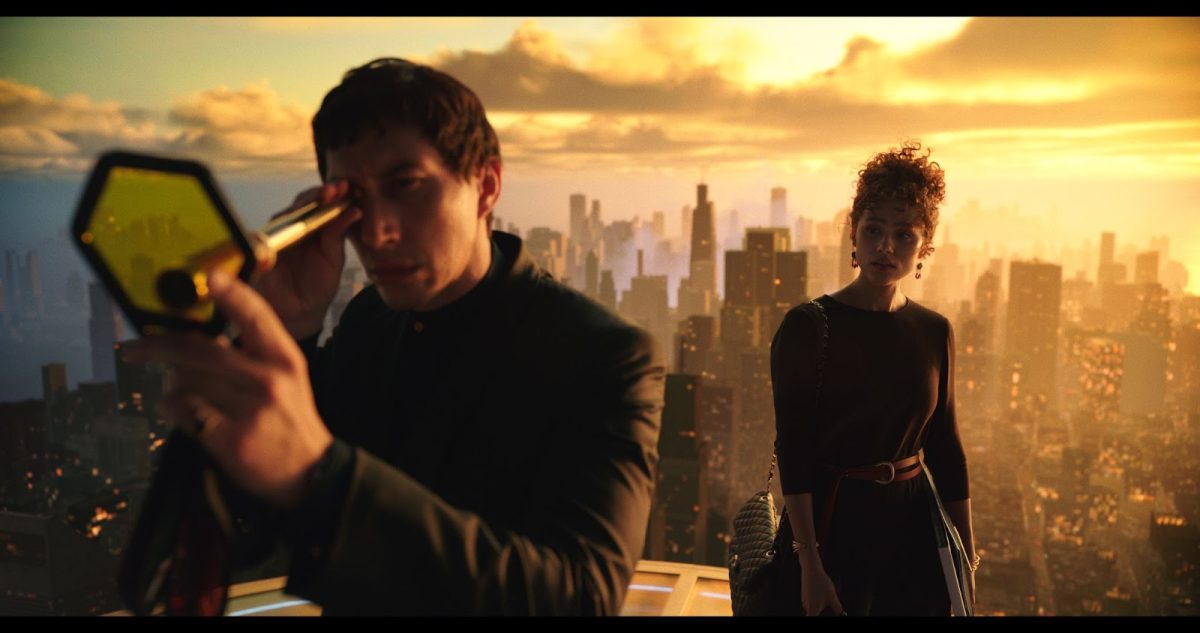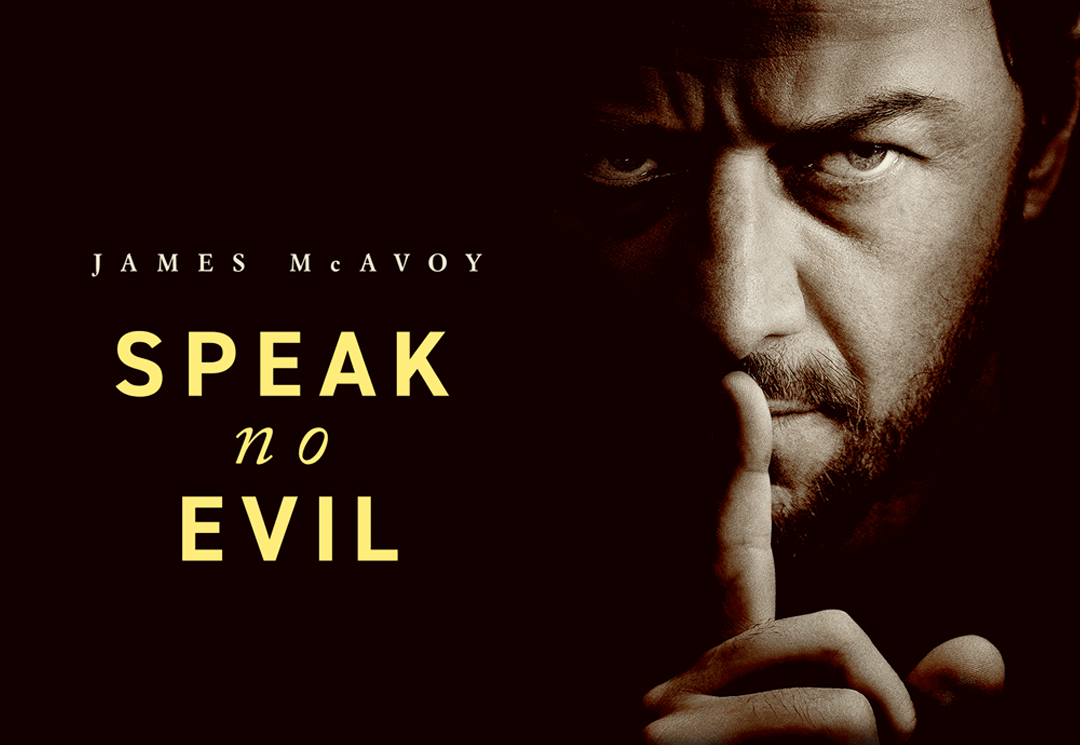
Our insatiable appetite for drugs has led to one of the most staggering humanitarian crises in recent history. Every year in Mexico, cartel-related violence kills thousands of people. Estimates of the death toll vary: USA Today puts the peak at 22,480 murders in 2011, while Frontline estimates the total at 164,345 since 2007, greater than all civilian deaths in Iraq and Afghanistan combined. The conflict is largely ignored by the news media, save for more extreme outlets like Vice and TV dramas such as Breaking Bad, but even they tend to dramatize the situation rather than offer solutions. Reporting on captured-then-escaped drug lord Joaquin “El Chapo” Guzman tended to play up the sensational aspects of the story, focusing on his legend rather than his crimes.
Overall, the drug war is a massive catastrophe, a high water mark for human suffering and evil, and Americans tend to either ignore it or spin it into folklore, as if we’re not causing the demand for drugs that fuels the fire. We’re even providing kindling: CNN has reported that around 70 percent of firearms recovered from the cartels were sold by American sellers. It would seem the only way we are ever going to pay attention is if the blood spills across the border, and the new film Sicario depicts just that: a cauldron of horror bubbling over.
We begin as an FBI SWAT team descends on a house in the Phoenix, Arizona suburbs, only to find the walls filled with bodies, undoubtedly the work of the Sonora cartel. The gruesome discovery motivates agent Kate Macer (Edge of Tomorrow’s Emily Blunt) into joining a mysterious task force aimed at finding and flushing out the cartel leaders. She quickly realizes she has no idea what she’s signed up for. The team is led by Matt (Josh Brolin), who claims to work for the Department of Justice, and Alejandro (Benicio Del Toro), who doesn’t admit to working for anyone. Both immediately showcase a complete disregard for civil safety and police protocol, and their unseen goal frightens Kate, who is constantly kept in the dark about why they’re doing what they do. Even more startling is their brutality. When a mission across the border is threatened at the checkpoint, the team casually lights up two cars filled with terrified, gun-toting gangsters in the other lanes, a visceral battle that ends before it begins. As the mission drifts further and further from the law, and we learn who Matt and Alejandro truly work for, we soon realize it could never have gone any other way, and that the madness will only cease when the U.S. stops wanting them.
Sicario’s social acumen doesn’t prevent it from being perhaps the tensest, bleakest thriller in years, one that grips us by the throat and tightens its grasp from start to finish. Director Denis Villeneuve has experience with the thriller genre, directing two in 2013: the failed Oscar hopeful Prisoners and the psycho-drama Enemy, both starring Jake Gyllenhaal. With this film, however, he outdoes himself, but not without the help of a stellar cast and crew. Cinematographer Roger Deakins, a 12-time Oscar nominee and star among movie buffs, uses a variety of tactics to ratchet up the thrills and suspense. Aerial shots examine the desert landscape like cracked, sickened skin. Cameras attached to police vehicles make the operation in Ciudad Juarez seem like a level in Grand Theft Auto V, or a roller coaster that could derail at any time. And fascinating night vision shots during the climax in a border tunnel ease us into realism far better than any shaky cam. Also worth recognizing is composer Jóhann Jóhannsson’s terrifying score, filled with pulsating bass and buzzes that crawls under your skin like a scalpel.
This attention to detail separates Sicario from the average thriller, but what makes it a great one is its cast. Brolin and Del Toro are tremendous as corrupt agents dedicated only to their distant goals, but Blunt makes the difference, playing Kate as the most effective audience surrogate in ages. As we see her sense of justice evaporate in the moral gray of her comrades, we begin to feel the same fear and disgust. Some have criticized the role, saying she simply stands by and observes as Matt and Alejandro do the dirty work, but they miss the point. All she – and by extension we – can do is stand by and watch the law be obliterated, with our only focus being learning why. Many of the greatest film noirs have operated this way, from Blue Velvet to Inherent Vice, yet in all, the protagonist whose eyes we see through has been a man. Blunt’s part could have gone to a man, and in fact, as she revealed on The Late Show with Steven Colbert, the film’s financiers told the production team to rewrite the part for a male for a higher budget. That they refused is a credit to the film, making it a progressive light in the darkness of a conservative industry.
Where the film is most progressive, however, is in its ending. The final scene visits a soccer match played mere yards from a border wall on the Mexican side. Children play and mothers watch in an attempt to live in normalcy, until a burst of gunfire from within the city blows the moment away. It could have been a street level brawl or another battle at the checkpoint, but ultimately, it doesn’t matter. As one character says, “They won’t even make the papers in El Paso.”
—
For more information or news tips, or if you see an error in this story, contact features@unfspinnaker.com.












Fran | Oct 18, 2015 at 11:53 am
Well done
susie | Oct 17, 2015 at 10:28 pm
Can’t wait to see it! Well written!!